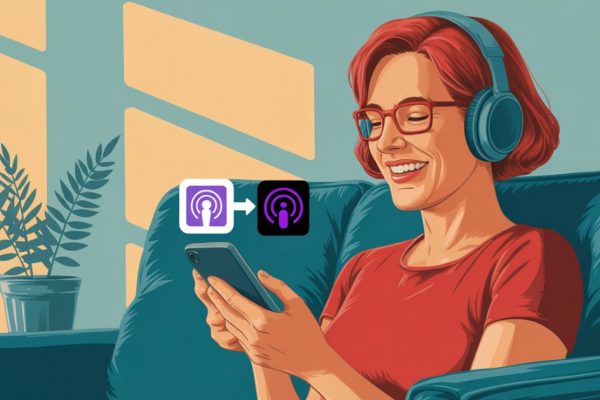
Kevon Cheung - Leaving a $100k brand behind & expanding beyond your current niche
Creator Heist

Hosted by
Alex Llull
In this episode, we sit with Kevon Cheung, founder of Public Lab and Build in Public Mastery. We caught Kevon at a very special time, as he’s in the middle of a rebrand.
Here’s what we are stealing from him:
- Why he’s leaving behind “Build in Public,” an angle that allowed him to make $100k
- The importance of involving audiences in product development and filtering feedback
- Why Kevon chose digital product revenue over services when starting out
- Overcoming creator block and considering hybrid course formats and text-based learning
And much more!
Show Notes
- Why Kevon is moving past just teaching Building in Public [3:30-5:00]
- Strategies for a re-branding [11:15-13:00]
- Involving your audience in product development and filtering feedback [15:45-18:00]
- Why Kevon chose digital products over services when starting out [21:45-23:15]
- Considering hybrid course formats and the popularity of text-based learning [32:45-34:15]
- Creating effective online courses that prioritize student value [35:30-37:15]
Sources and sponsors
Mumbler is the all-in-one tool for audio creators — Sign up for free
More about Kevon
Transcription
Other episodes
Other Business episodes you may also like
Last updated episodes on Mumbler
Latest Blog Posts
The true importance of Cross-Promotion: multiply your podcast audience without spending on ads
The biggest challenge for any podcaster today isn’t creating good content, but...Read more
8 Best Podcast Hosting Services in 2025: Comparison and Ultimate Guide
El podcasting es una de las formas de comunicación y entretenimiento más popul...Read more
Podcast production costs: what are they?
Creating content comes at a high cost. It requires time, resources, tools, and...Read more
Master StreamYard: The complete guide to professional live streaming
StreamYard StreamYard is a live streaming platform that works directly from yo...Read more
Podfade: What it is and how to avoid it
Podcasting is an exciting and rewarding medium, but many creators face a commo...Read more
How to normalize audio: professional techniques and step-by-step guide
Understanding audio normalization is essential for achieving balanced and prof...Read more





